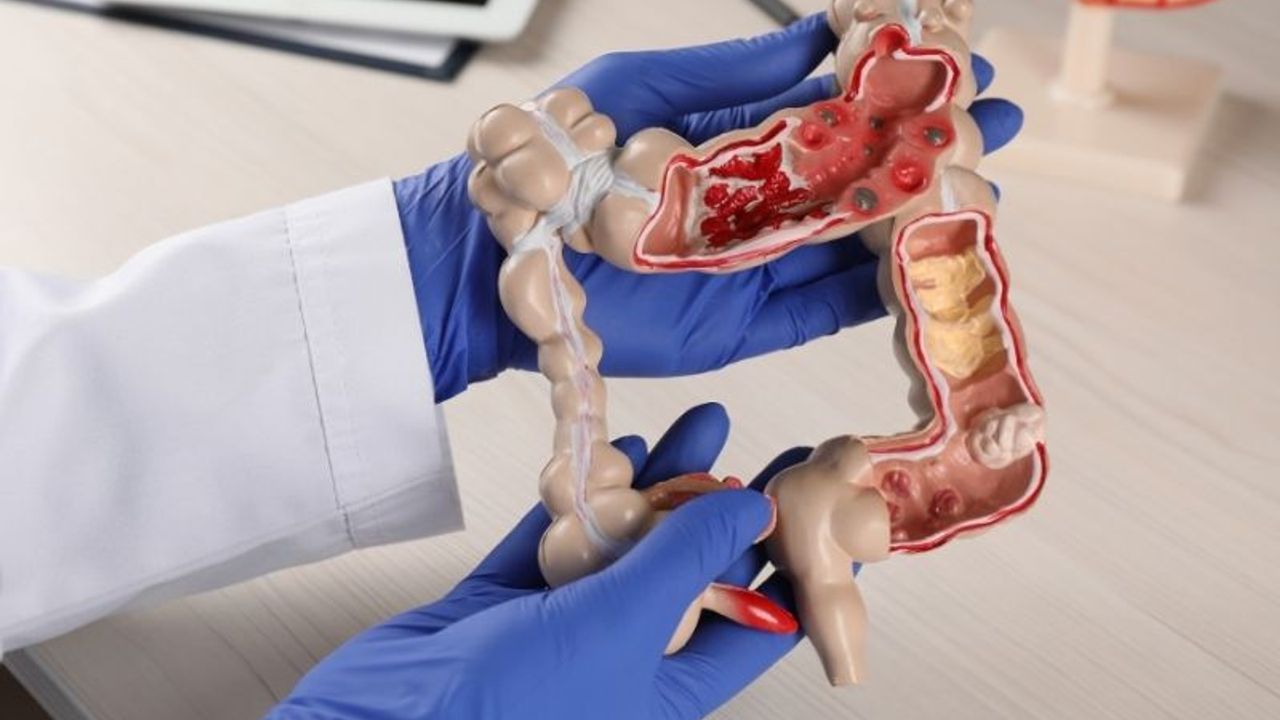William M Grady, a scientist at the Fred Hutchinson Cancer Research Center in Seattle, said in a statement that the results of this study are a promising step towards the development of appropriate tools for early detection and easier treatment of colon cancer.
"This test, which has a similar accuracy rate in colon cancer detection to stool tests used at home for early detection of cancer, may also offer an alternative for patients who may refuse current screening options," Grady said.
How is colon cancer detected?
Stool tests are currently the most commonly used diagnostic tool for colon cancer detection. This test detects blood or damaged DNA in samples.
Other options for colon cancer detection include sigmoidoscopy and colonoscopy, which involves inserting a tube into the rectum and colon.
Colonoscopy screening is considered the "gold standard". Virtual colonoscopy with computed tomography uses X-rays to detect signs of cancer.
The latest test developed by the researchers detects the DNA of cancerous cells circulating in the blood.
How did the research take place?
The new blood test was tested on about 8,000 people between the ages of 45 and 84. They underwent both a blood test and a standard colonoscopy.
Accordingly, colon cancer was diagnosed with a success rate of 83.1 percent among those who took the newly developed blood test.
In 16.9 percent of the patients who were diagnosed with colon cancer in the standard colonoscopy, this diagnosis was not made in the blood test.
The test showed high sensitivity in detecting colon cancer even in its early stages.
However, it was less sensitive in detecting advanced precancerous lesions that have the potential to develop into cancer over time.
How is cancer screening in Europe?
European countries have one of the highest rates of colon cancer.
After breast cancer, colon cancer is the most common cancer in the EU, accounting for 12.7 percent of new cancer diagnoses in 2020. It is the second leading cause of cancer-related deaths in the EU.
The European Commission recommends screening for adults at average risk or between the ages of 50 and 69.
However, there are differences in practice between European countries. According to Eurostat, in just over half of EU member states, the majority of the population aged 50-74 had never been screened for colon cancer by 2021.
According to Eurostat data, Finland, the Netherlands and Denmark have screening rates above 60 percent, while Serbia, Montenegro and Hungary have screening rates below 10 percent.
Early diagnosis of colon cancer leads to a survival rate of over 90 percent. However, this rate drops to 25 percent when the cancer metastasizes to other parts of the body.















